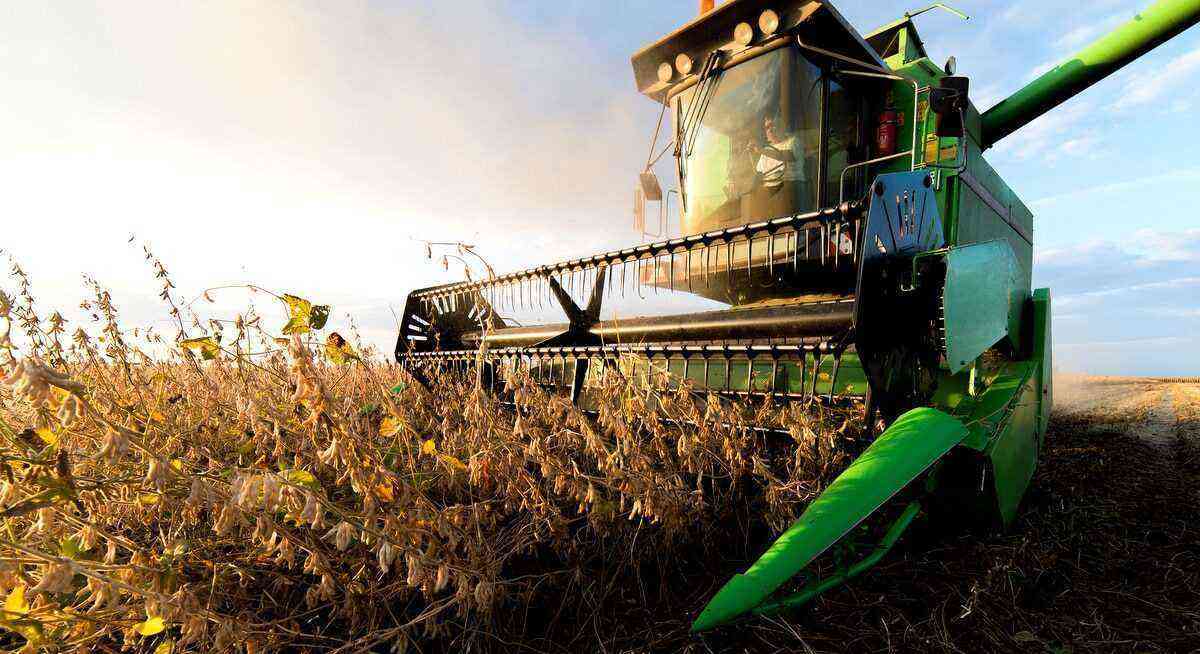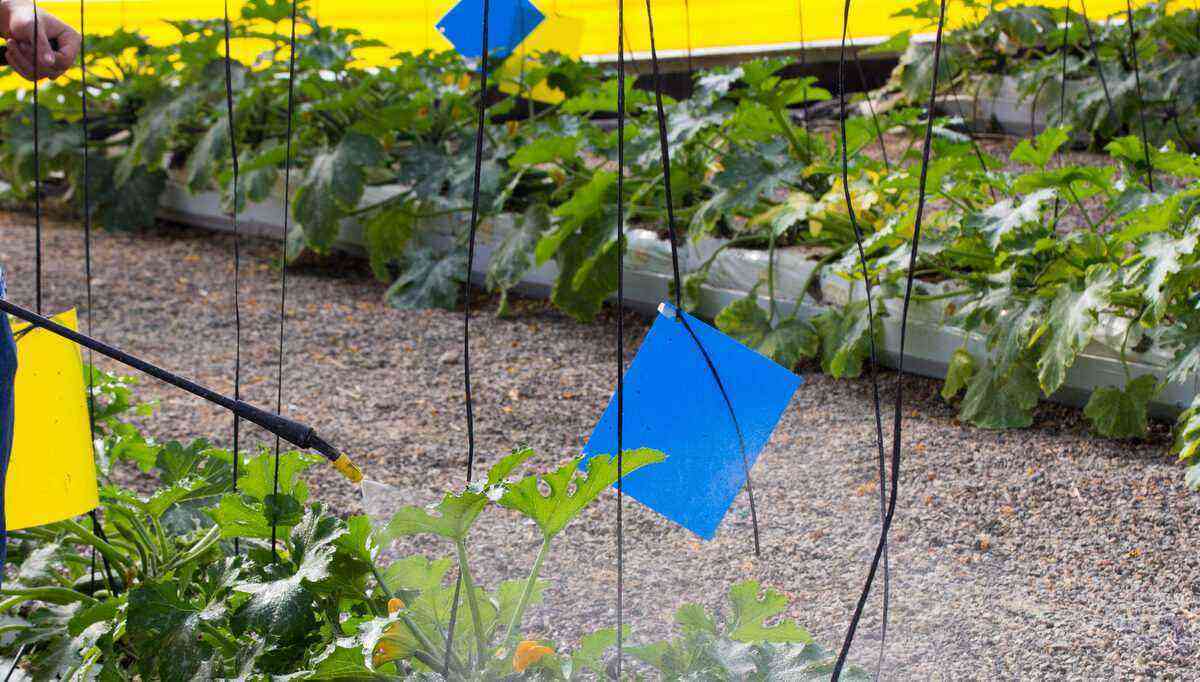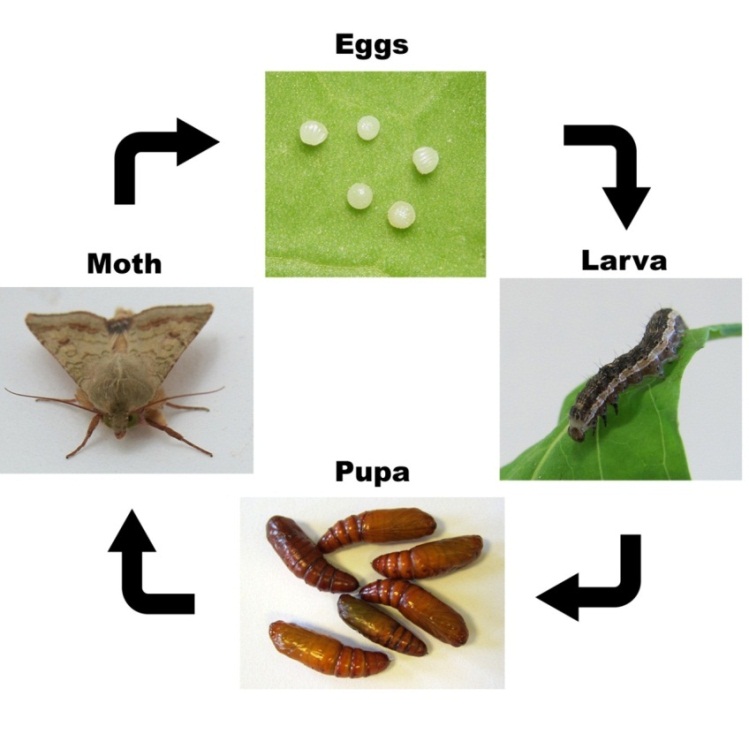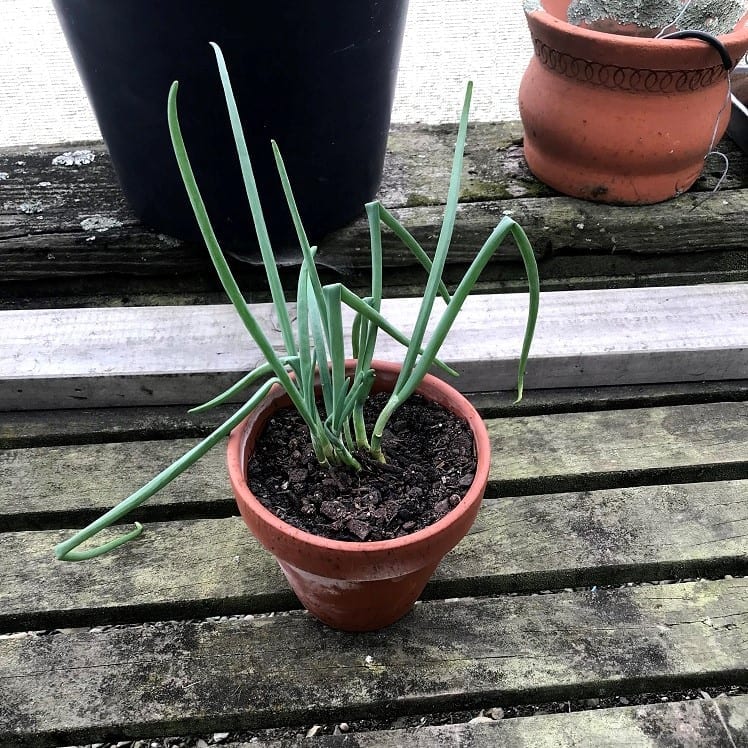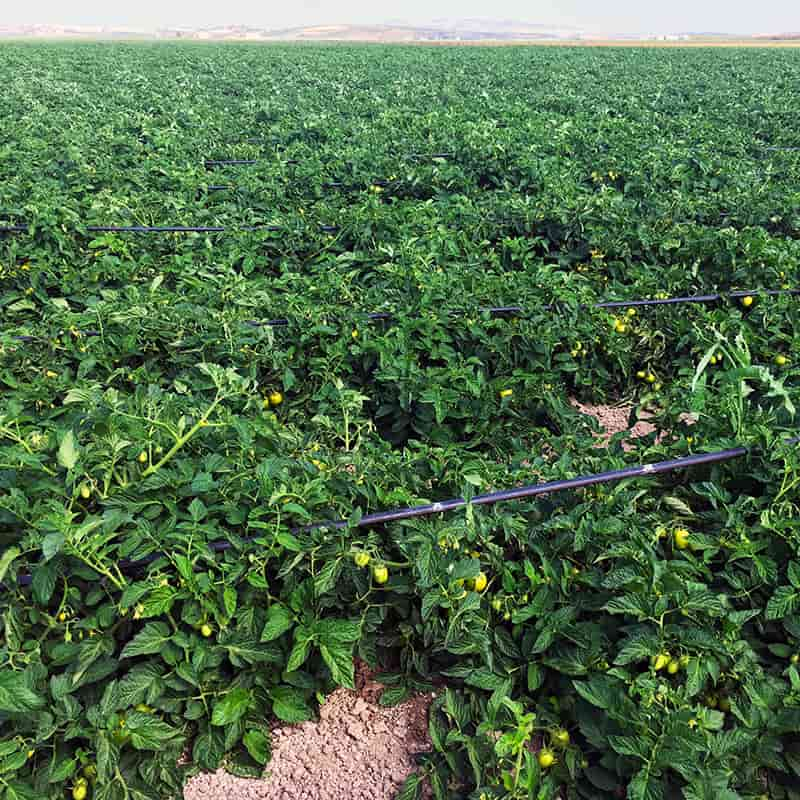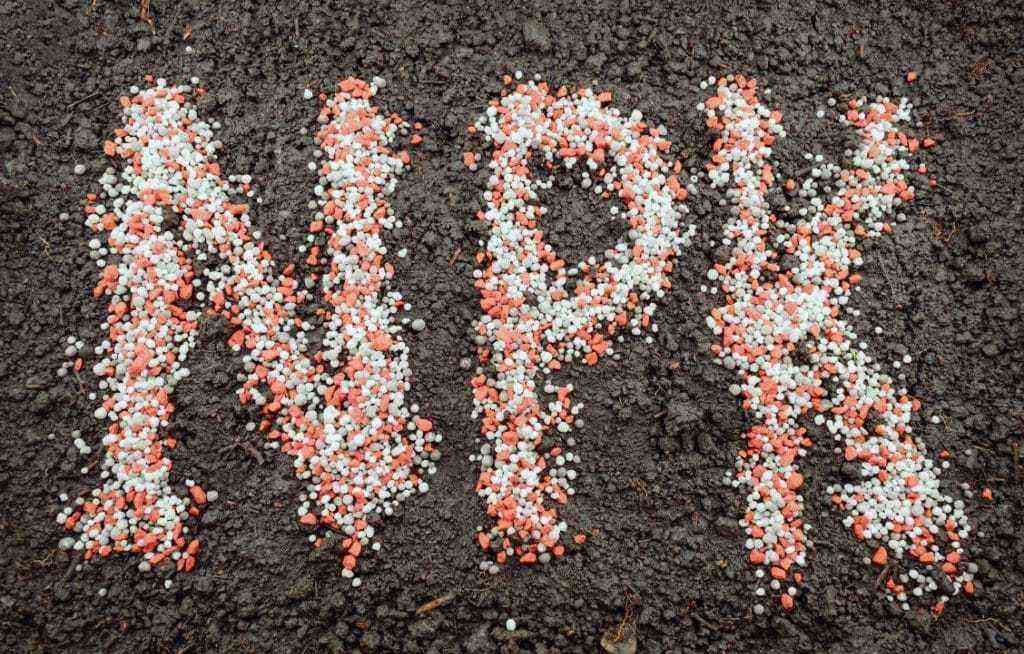Modern agriculture owes a lot to the development of pesticides. They increased crop yields and crop quality. Insecticides, for example, are largely responsible for pest control in crops and consequently for food quality.
However, great care must be taken when using these resources in the plantation. This is because, if used improperly, they can have consequences for workers, for the crop, for the consumer and even for the environment.
In this text, we will comment on the main errors involved in the application of insecticides, as well as four of the consequences brought about by the inappropriate use of insecticides. But before reading on, don’t forget to check out the pesticides that we have available on the MF Rural website.
What constitutes the inappropriate use of insecticides?
The main cause of insecticide misuse is extremely simple: not reading the label. It is essential to follow the manufacturer’s standards (and the agricultural engineer’s recommendations) at the time of application. These standards concern the amount, form of application, appropriate time within the pest and plant life cycle and all other aspects related to the use of insecticides. If they are not followed, there is a high chance that use will lead to problems.
Another tricky issue is performing improper mixing of products in crops. Mixtures are illegal in Brazil, so they cannot be made in a safe way that guarantees the well-being of the culture, employees and future consumers of the production.
1. Pest resistance
Excessive or inappropriate use of insecticides in the field can have the opposite effect of what is desired. Instead of annihilating the pests that harm the crop, the insecticide ends up strengthening the parasites. The principle is similar to what happens when people take antibiotics improperly and end up generating super-resistant bacteria.

The use of pesticides must be very well controlled.
This problem can occur for a number of reasons. Among the main ones, we can mention the following:
• Application of doses above or below those recommended by the manufacturer
The producer must apply the dose of insecticide exactly as instructed by the manufacturer and the agricultural engineer responsible for the plantation. Otherwise, the product may lose its effectiveness or generate a mutation in the insect, which becomes more resistant.
• Handling errors
They occur when the person in charge of applying the insecticide does not monitor or correctly identify the species present in the crop. It can also happen that the application is made at wrong times within the pest life cycle. In this case, the inappropriate use of insecticides at wrong times or with wrong compositions; it has no effect and can still harm the plant.
• Sudden changes
If it is necessary to change the type of insecticide, or even the application cycle, this transition needs to be made gradually. Rapid alterations are not efficient against the insects that plague the crops.
2. Harm to culture
Improper use of insecticides can be extremely harmful to the crop. It is necessary to respect several aspects that involve the physiology of the plant and also external factors. Check out what they are below.
• Development stages
There are specific times during the crop development stage when insecticides can be applied. Monitoring and control tests must be carried out. If the insecticide is applied at inappropriate times, it can even cause the early death of the plant.
• Climatic factors
Another important issue to ensure that the plantation will not be harmed is to apply the insecticide respecting the climatic conditions. The temperature cannot be below 10ºC, for example, nor the humidity below 60%. This is important because the plant cannot be stressed at the time of application.
If insecticides are inappropriately used on stressed plants, this is detrimental to absorption. If absorption does not happen correctly, the application will not be effective.
3. Environmental damage
The application of insecticides must necessarily follow rules that guarantee the protection of the environment. Otherwise, the damage can be very large. This may be related to the amount or form of application, and harm various aspects of the environment.
• Ground pollution
When the amount of pesticide determined by the manufacturer or agricultural engineer is not respected, there can be serious environmental consequences. As the rate of uptake of the crop has a limit, the surplus goes into the soil, contaminating it even for future crops (an effect known as carryover).
• Water pollution
Another way in which this surplus harms the environment is by contaminating the water. This can happen either by the arrival of the products in the rivers by the rain, or by the contamination of the soil reaching the water table.
• Wild life
Inappropriate use of insecticides can also harm wildlife near the farm. That’s because if spraying rules are not obeyed, airborne contamination can spread and impair the breathing of these animals. Therefore, it is extremely important to strictly follow all instructions for using the product.
4. Harm to human health
People’s health can also be put at risk by the use of insecticides. There are several studies proving that the excess of pesticides in edible plants can lead to several health problems. But it is not just these consequences brought about by the misuse of insecticides.
• People who live near the plantation
There is a very famous case in Mississippi where the improper application of insecticides to cockroaches and fleas polluted the air around the field. The carelessness caused poisoning problems in several people, including two children. Therefore, it is essential that spraying follows all regulations, which exist precisely to prevent people from coming into contact with the insecticide.
• Employees
Mistakes in handling can also be extremely risky for the employees who carry out the spraying. The use of protective equipment is essential. Otherwise, pesticides can cause damage to the skin and respiratory system of people who are in contact with the chemical.
In addition to moral responsibility, this can also create serious legal problems for your plantation. Therefore, ensure that all application and quantity regulations are being met.
If you want to better understand how pesticides are analyzed in plants, watch our video on the subject! To stay up to date with our news and promotions, fill in the form with your contact details.












